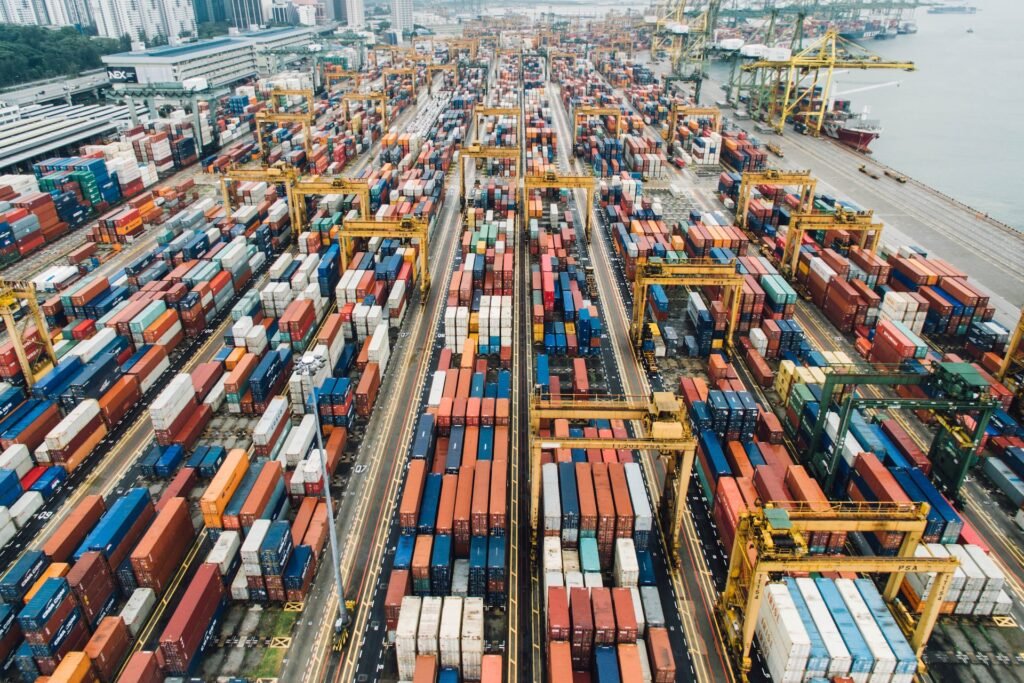
In the modern world, businesses are increasingly affected by the actions of international competitors as a result of the globalisation process. Globalisation occurs because of the shrinking of business distance so that it is much easier to access markets in far flung parts of the world.
For example, a company like Cadburys or BIC has production units around the world giving access to global markets. Fast Internet connections developed by companies enable the shrinking of communication time bringing together buyers and sellers on opposite sides of the globe within seconds.
In addition, global marketing and advertising have enabled the development of global brands and the communication of global messages.
Economies of scale
The result of this globalisation process has been that multinational companies are increasingly targeting the whole or substantial parts of the globe as their domestic markets.
The British business that fails to respond to this change stands to lose out too much bigger international competitors that are enjoying global economies of scale.
There are two main ways to respond:
- To increase your global presence by operating in more and more overseas markets. This can be done by setting up overseas plants, hiring overseas specialists directly, or developing joint ventures with overseas partners.
- Another related approach is to develop global power brands. This is where a company will focus on the range of brands in which it has the greatest competitive advantage, and will sell off non-core brands. Most large companies do this. It enables them to sell a narrower range of leading brands into more and more geographical markets.
The danger of not developing a global business strategy is that you will come off second best in competing with the big global companies.
Companies like Cadbury Schweppes (confectionery and drinks), etc therefore realise the importance of being market leaders rather than followers in their chosen industries.
A power brand is a strong brand that a company is particularly good at producing and marketing, and is well known in a range of global markets.
A multinational is a company that operates across international frontiers and typically has its head office in a particular country where its shares are quoted on the National Stock Exchange.
